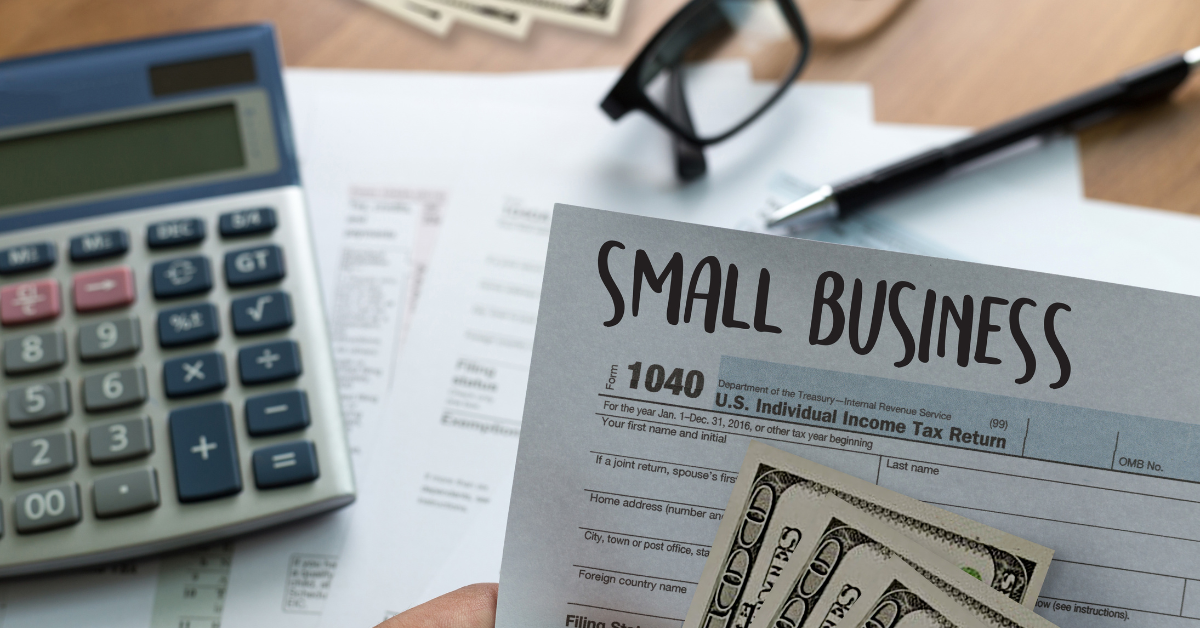Financial reporting is a cornerstone of good business practices — don’t procrastinate on getting this done before the ball drops at the start of 2025.
Beyond helping you look back at the year’s income and expenses, this process provides crucial insights into your business’ financial health. Understanding your financial records will give you an honest assessment of your financial situation, allowing you to see trends good and bad and giving you the data you’ll need to make decisions in the coming year.
And remember, you don’t have to do this alone. When you need a CPA firm or professional tax services in Roanoke, Neely’s is ready to help.
10 things that need to be done for a solid financial report
1. Review your financial records, including the current year’s income statement, balance sheet, and cash flow statement. Make sure all your income and expenses are accurately recorded, including sales, purchases, payroll, and other expenses.
2. Assess your inventory: Inventory valuation figures out the value of the unsold product you have left at the end of the year. You’ll need this for your year-end balance sheet.
3. Reconcile your accounts: This is basically comparing your books to your bank and credit card statements. This check basically guards against errors and safeguards against fraud.
4. Review outstanding bills and invoices: Know what you still owe and what is still owed to you. Make a plan to pay off your bills and reach out to clients about their unpaid bills due to you.
5. Get your tax documents in order: Verify that your tax forms, receipts, and other documentation are complete and organized.
6. Prepare financial statements: After the start of the new year, you should recreate these three key financial statements: A balance sheet, an income statement and a cash flow statement.
7. Ensure compliance: Every Jan. 1, some new tax law or business rule goes into effect. Do your research and know what changes will affect your business and plan accordingly. You also want to confirm that your financial practices adhere to local and federal regulations.
8. Review your budget: Compare your current performance against your budget and adjust as needed.
9. Communicate with stakeholders: Your partners, employees and investors value transparency. Don’t forget to share your key financial findings with them. Celebrate the wins and make people who can help aware of any challenges.
10. Make a plan for next year: Use the insights gained through this process to create a long-term strategy for improving your business’ financial health.
Why Hire a CPA?
Financial reporting can feel overwhelming and stressful, especially if accounting isn’t part of your expertise. Hiring a trusted certified public accountant (CPA) firm like Neely’s simplifies the process. CPAs have the knowledge and tools to handle complex financial matters, ensuring compliance and accuracy while freeing up your time to focus on running your business. Plus, Neely’s experts can offer valuable advice on tax planning in Virginia and neighboring states, cost-saving opportunities, and long-term financial strategy specific to businesses in the Roanoke area.
End the year strong. Contact Neely’s to get peace of mind that your finances are in order.



